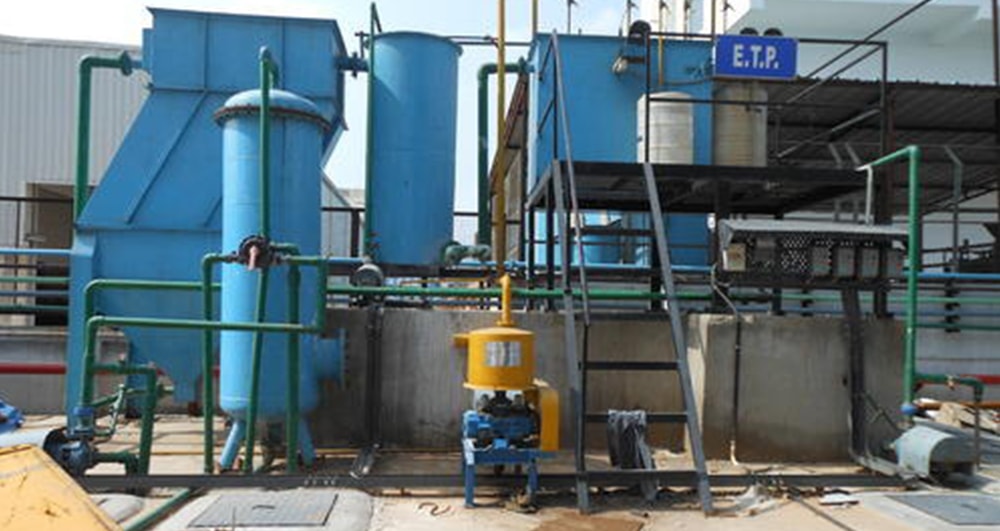EFFLUENT TREATMENT PLANTS IN BANGALORE

Effluent treatment plants (ETPs) are systems designed to treat and purify wastewater generated by industrial processes before it is discharged into the environment. The primary purpose of effluent treatment plants is to remove pollutants and contaminants from industrial wastewater, ensuring that the treated effluent meets environmental standards and regulations. ETPs aim to minimize the impact of industrial wastewater on the environment and protect water resources. Effluent treatment plants are used to treat wastewater generated by various industrial sectors, such as manufacturing, chemical processing, textiles, food and beverage production, pharmaceuticals, and more. The wastewater may contain a range of pollutants, including organic and inorganic compounds, suspended solids, oils, greases, heavy metals, and toxic substances. Effluent treatment plants utilize a combination of physical, chemical, and biological treatment processes to remove pollutants from wastewater. The specific treatment processes employed depend on the characteristics of the wastewater and the contaminants present. Effluent treatment plants must adhere to regulatory standards and discharge limits set by local environmental agencies. Regular monitoring and testing of the treated effluent are conducted to ensure compliance with these standards. Effluent quality parameters such as pH, biochemical oxygen demand (BOD), chemical oxygen demand (COD), total suspended solids (TSS), and specific contaminants are measured to assess treatment performance.
